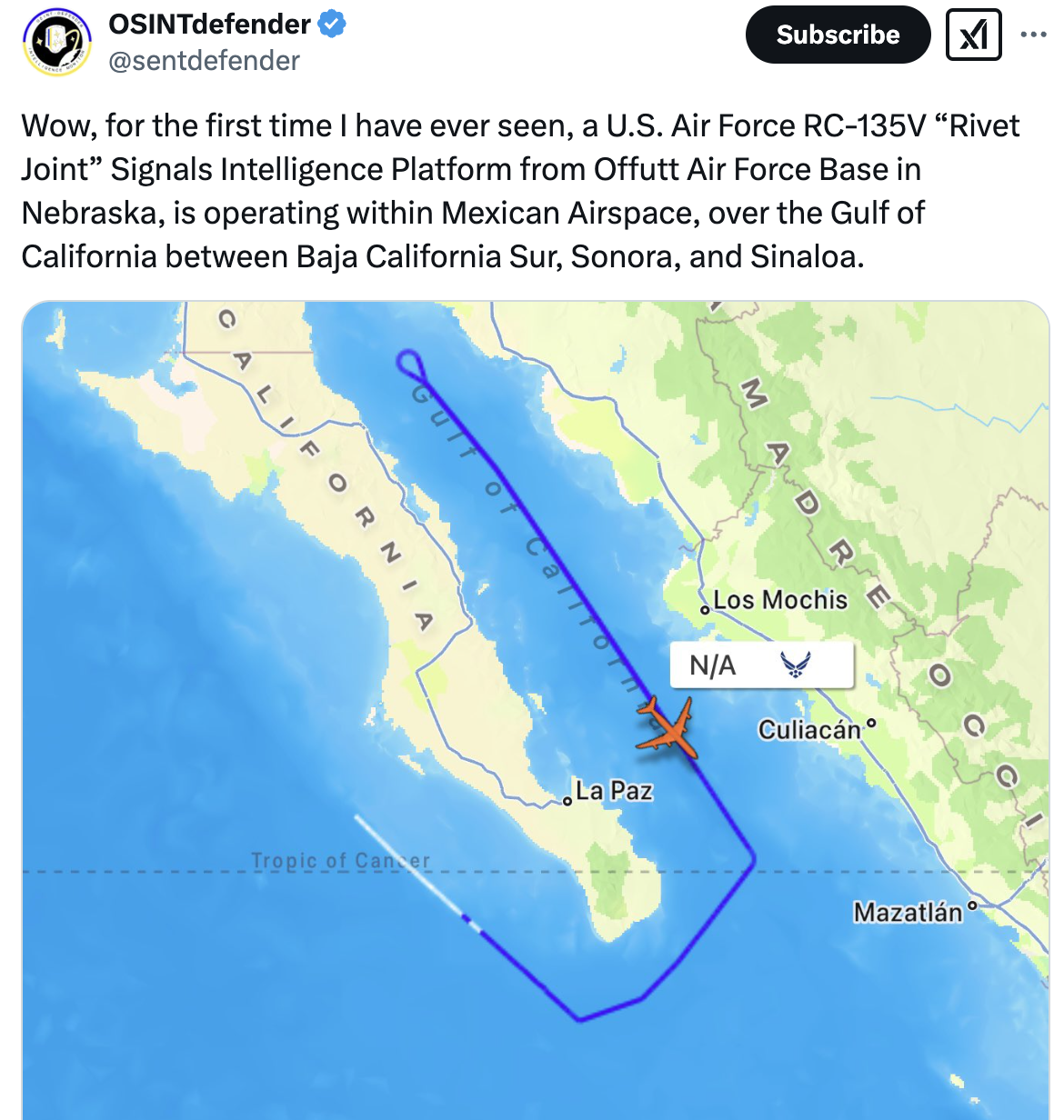
“The player is expected to always conduct himself like a gentleman and an athlete. We have no place for wastrels, dissipaters, or cheaters.”—Dennis Shea, business manager of the Brooklyn Dodgers Football Club, stipulating a football player’s behavior in my father’s 1940 professional football contract.
There is increasing concern that the priorities of service academy football programs diverge from those of USAFA, USMA, and USNA, whose express goals are to prepare young men and women for a career of service in the United States armed forces.
Football and the Cadet Honor Code at the Air Force Academy (AFA) have been intertwined since the Academy’s birth in the 1950s. On one hand the Falcons are the public face of the AFA and embody the public’s expectation of a service academy team: a group of physically over-matched, scholar-athletes that represent American values and compete relentlessly and win against talented opponents. On the other hand, the football team has been a nidus for large scale Honor Code violations since the 1960s, and it has been implicated in sexual violence against other cadets, cocaine abuse, and social media reprisal against female cadets.
Football is the marquee intercollegiate sport at the Air Force Academy. Like all members of the Cadet Wing, players vow to live by the Honor Code which forbids lying, cheating, stealing, and toleration of these acts. The public expects team members and the coaching staff to uphold military tradition and refrain from making statements that would link the football program to any political agenda or controversial subject.
Members of the graduate community and the Air Force fan base apply intense pressure to field bowl-bound, winning teams.
To attain this goal the coaching staff must recruit from the limited number of gifted athletes who meet the Academy’s vaunted academic and moral character benchmarks. Given the finite pool of eligible candidates, player selection based on the ability to compete against elite football programs may lead to compromises.
There is a growing disconnection between the football program and other cadets who feel that football players are shown favoritism, are excused from large portions of military training, and are allowed to participate in behavior that is unrepresentative of the ideals promoted by the Academy. Many cadets are not passionate about Falcon football, yet the Academy administration requires them to attend pregame tailgates and all home football games. The policy to charge cadets for sports tickets exacerbates these contentious feelings.
The 2020 Honor Code scandal, the largest in the history of the Air Force Academy, involved nearly 250 cadets cheating on an examination. Most offenders were underclassmen, but the affiliations with specific teams or cadet groups were not made public. In response the Association of Graduates devoted the March 2022 edition of the alumni magazine Checkpoints to the Honor Code. Academy officials, including the Superintendent, Dean of Academics, Commandant of Cadets, and the Director of Athletics, professed a heightened awareness of the Honor Code and proposed solutions based on the “leaders of character” model, a slogan used extensively at both the AFA and West Point.
Speaking in Checkpoints,Brigadier General Linell Letendre, a 1996 AFA graduate who serves as Dean of the Faculty, recommended a non-punitive approach to Honor Code enforcement, “The final piece in shifting our honor and character culture is moving from a consequences-based incentive for honor to an aspirational-based motivation.” This statement is aligned with the present policy to educate honor violators with 6 months remedial training rather than expulsion. The hesitancy to expel cadets for Honor Code violations, poor grades, or deficiencies in leadership skills reflects the prioritization of the selection process of incoming cadets rather than their performance once they have matriculated. Fifty years ago graduation rates averaged 60% of the incoming class, but in the past decade some graduation rates approached 90%.
A summary of the history of the Honor Code, written by Stephen Randolph, who chairs the Academy’s Center for Character and Leadership Development, emphasized two recurring themes that describe the reasons why the previous eight Honor Codes systems failed. First, large scale scandals usually involved athletic teams or squadrons where group loyalty superseded individual honor. And second, there was a failure to fully address and reform fundamental, antecedent problems, most notably the toleration clause to the Honor Code. Both crucial observations were either omitted or deemphasized in the administration’s final recommendations.
A historic tension exists at the Academy between loyalty to one’s group versus adherence to the Honor Code, which requires cadets not to “lie, cheat, or steal, or tolerate those who do.” On one hand, cadets are trained to trust and value members of their class or team, yet they are also expected not to tolerate dishonorable behavior from those who may be their closest friends or teammates. A GAO report noted that toleration increases during the four year academy experience, which emphasizes the need to not solely concentrate honor training on fourth class cadets.
Dr. Frederick Malmstrom, a 1964 AFA graduate, researched the Honor Code and found that cadets’ respect for the Honor Code has diminished over time. In 2018 he reviewed his findings in a lecture delivered to the Rocky Mountain Psychological Association, predicting group loyalty would supersede respect for the code by 2022.
In the aftermath of the 1976 West Point electrical engineering examination cheating incident, an investigation headed by former astronaut Frank Borman concluded that any large-scale honor scandal would find its beginnings in a “toleration situation.” Tolerating dishonorable behavior invariably involves an expanding number of cadets, and eventually leads to erosion of personal integrity and creates a cynical view of the Honor Code. The committee’s in depth analysis described the Corps’ problematic and ambivalent approach to enforcing the toleration clause—a historical lesson which the current AFA recommendations failed to address.
Each squadron at the AFA is led by an Air Officer Commanding (AOC), a commissioned officer who is responsible for the conduct of approximately 100 cadets under his or her command. When Honor Code violations, drug use, poor academic performance, or disciplinary problems occur, the AOC must promptly rectify them or risk receiving an unfavorable, career-threatening officer evaluation. It is questionable whether these expectations are applied with the same zeal to the football team coaching staff.
Head coach Troy Calhoun, a 1989 AFA graduate, has led the team for 15 years. He coordinates recruitment with various departments at the Academy to attract star athletes who can excel in the classroom and be groomed to become career Air Force officers after graduation. He is well compensated for his efforts, earning $885,000 in 2016, before signing a confidential contract extension in 2020. During Calhoun’s tenure, some football players have been responsible for some of the most flagrant disruptions of honor in the history of the Cadet Wing.
Coach Calhoun is no stranger to political activism. In July 2020 he and his coaching staff produced a social media video that used their connection with the Academy’s football team to promote the group Black Lives Matter. It was unprecedented for officials associated with a service academy to issue an overtly political statement, especially in support of an organization with Marxist underpinnings. The fallout precipitated disclaimers and deflective statements attempting to justify the breach of protocol.
To repair the Honor Code and restore respect for its principles, the Academy administration must recognize that there are privileged groups within the Cadet Wing that are at risk for committing honor violations. Two crucial steps must be taken, or the current, newly improved version of the Honor Code is doomed to failure:
- Acknowledge that the toleration clause, as shown in surveys of Academy graduates, is frequently violated but seldom reported. Reaffirm that enforcing the toleration clause is necessary to prevent large-scale scandals, but also consider whether cadets should be allowed to exercise greater judgment and flexibility when confronted by a violation, as practiced at the Naval Academy.
- Concentrate honor training at the group level where interpersonal loyalties can overwhelm personal responsibility to act honorably. The football team is at risk both historically and presently from players who are philosophically detached from the ethos of the Cadet Wing. The head football coach, like the AOCs at the squadron level, must be held personally responsible for dishonorable behavior by the players or dismissed in favor of a leader who will insist that the Falcons exhibit the highest ethical standards.
Over the past 60 years hundreds of AFA football players have brought great credit to not only the Academy but to the United States Air Force and our nation. There is a place for both football and the Honor Code at the AFA, but the latter must prevail.
























